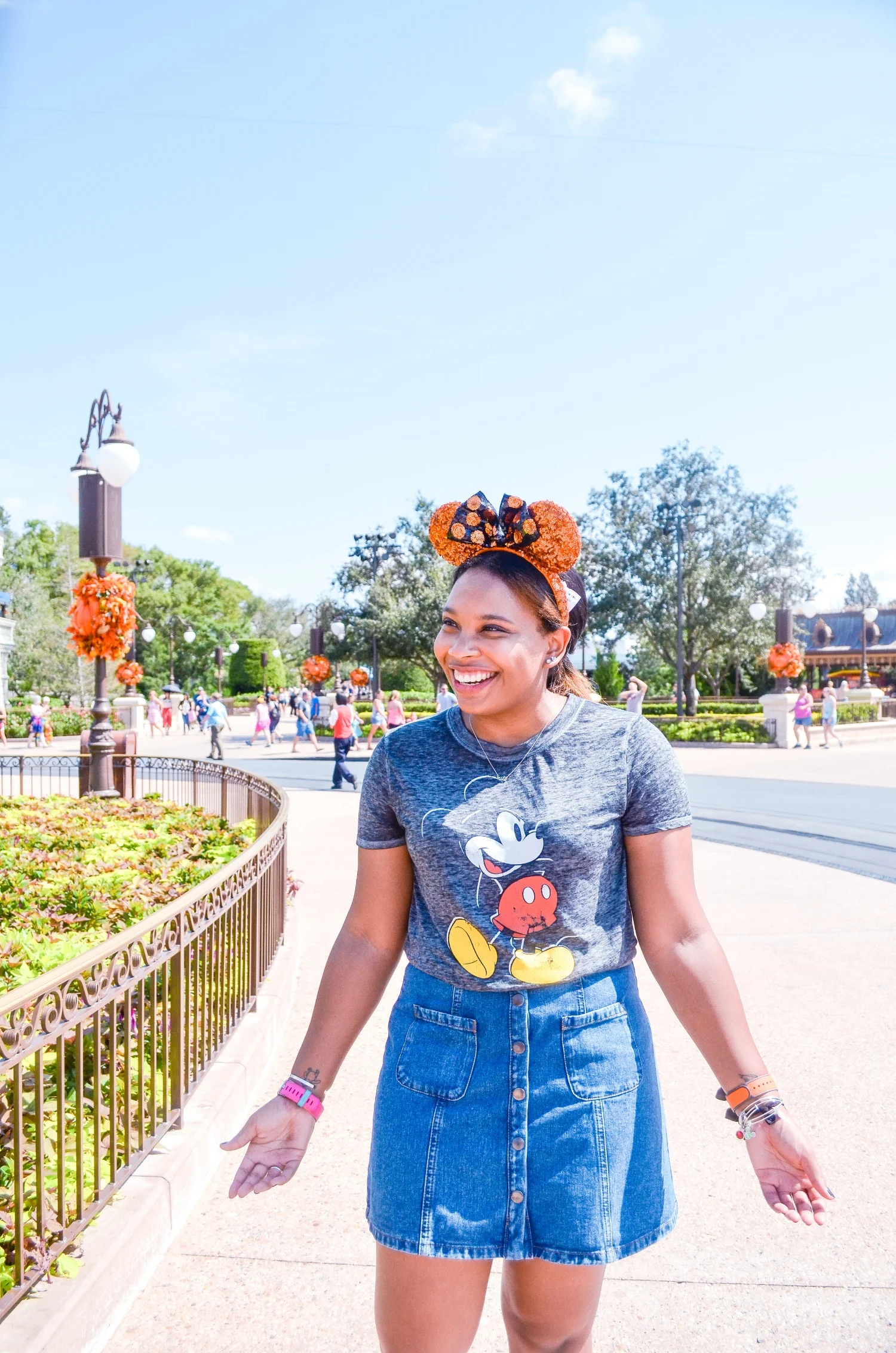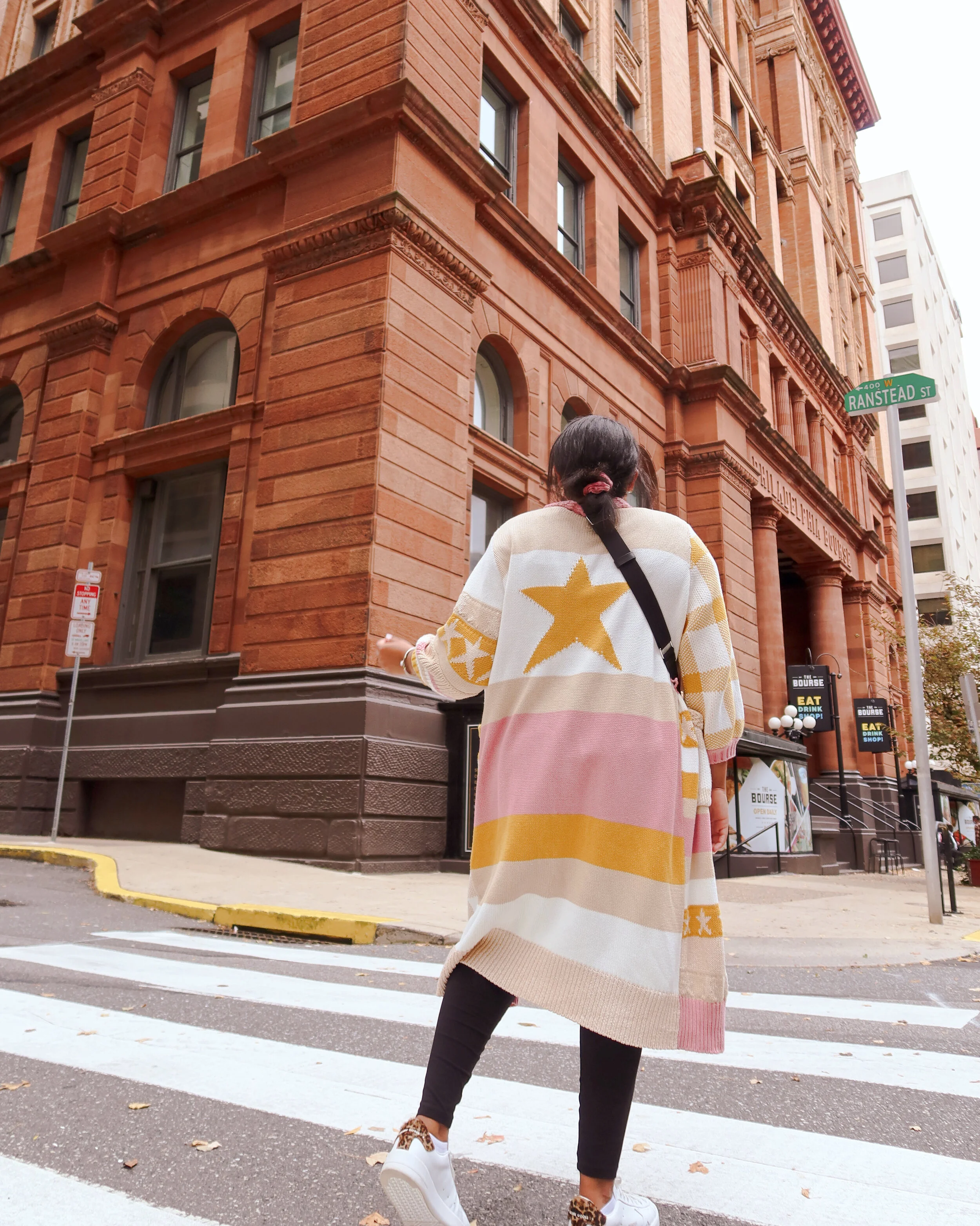I'm Starting 19th Grade
If you've ever wondered exactly what I'm in school for, why I'm doing it, or you know these answers already, and are considering it for yourself, this is worth the read. But you read that title right: this fall, I'll begin my 19th consecutive (21st if you count Pre-K and Kindergarten) year of schooling.
When I started college in 2012, I was a neuroscience major on the pre-med track. The next semester, I was a biology major on the pre-med track. I graduated in 2016 with a B.A. in Psychology, and plans to do my pre-med requirements in a post-baccalaureate program.
All that to say, my plans changed. But my goals did not. I didn't change my mind about doing pre-med in undergrad because it was too difficult, but instead because I wanted to see what else was out there before I devoted the rest of my life to studying medicine. And that’s what I did. I majored in something I found genuinely interesting, and could have a career in someday, if that's where my path took me. I took classes in public health, genomics, philosophy, Spanish, American film, Japanese pop culture, politics, art, African American history, and obviously, psychology. After exploring all of those avenues, my heart came back to where it had always truly been - medicine.
Most of my senior year was spent working on post-bacc applications, sorting through a seemingly endless amount of paperwork with my academic and pre-med advisors, stressing over senior projects, eating way too much sushi and free pizza, and trying to avoid 'senioritis' as best as I could.
But here I am now, heading in to the final year of my post-bacc. It's been two years, and there are still two questions I'm asked EVERY TIME I say what I'm doing: "What's a post-bacc?" and "Why are you doing this??"
Since I've already answered the "why," I'll give you my go-to "what," answer (note: this refers to my particular post-bacc, this description does not apply to all programs out there):
It's a certificate, non-degree program that provides me with the science courses I would have taken during my undergrad if I'd stayed pre-med. Two biology courses, four chemistries, and two physics - and a lab for each one of those 8 courses. It's not online, I attend physical classes, but it is flexible and part-time, which lets me go to work during the day, and go to class at night. Since it's so flexible, there's no set time frame: you can finish it in a minimum of two years, or a maximum of four, I'll do it in three. It's entirely up to you.
Everyone has their own opinion on it, mainly wondering why you'd want to do more school after having spent almost your entire life in school, with more on the horizon; but I learned very quickly to disregard any nay-sayers. It may not be the conventional route, but it's what worked best for me, and it's not as if these programs are new, or all that uncommon.
The best advice I could give anyone going through this process?
1. The most important one if you're considering a post-bacc: KNOW THE REQUIREMENTS.
I started thinking about a post-bacc towards the end of the spring semester my freshman year, and that's when my pre-med advisor told me that for most programs, you can only have a certain number of science courses on your undergrad transcript. The magic number? 3. In other words, since I'd already taken one chemistry and one biology course, I could only take one more science course that a post-bacc would also offer (any chemistry, biology, or physics), to be eligible. So in undergrad, I took General Chemistry 1, and General Biology 1 and 2. And that was all I could do to maintain eligibility. Every program I applied to had the same 3 course limit.
2. You have time.
I can't stress this enough: it's okay to change your mind, there is no rush on getting things done. You may be a few steps behind your peers, and it may feel like you'll never get there - but you will, and there is no age limit on learning, success, or anything else. If you can find a way to fill time while you're between programs, volunteer at a clinic, or get a job in the medical field. I recently became a Certified Medical Scribe Specialist and started working for a local clinic.
3. Your mental/physical health comes first.
I was blessed with professors who understood that college is hard, senior year is hard, and sometimes, a girl just needs a chance to slow down and recover. One of my professors gave us her cell phone number, and told us to call or text her if we needed a mental health day and couldn't come to class. And she would always text back with helpful advice, well wishes, and remind us to make sure we still got our work done before the next class.
Call it "millennials being coddled" if you want, or call it "I'm stressed out, on the verge of a breakdown, and I need an hour long break to compose myself before getting back to the grind." Hint: it's the latter! Also, if you have the flu - please, don't go to class. Please.
4. Your real friends will always be there.
Maybe I was just spoiled with friends who all have schedules just as complicated as mine, but since we all understood what the others were going through, having to say "no" to plans was never a point of contention. We made time for each other - even if it was just pizza and Mario Kart, quietly studying in someone's room or apartment, or walking to Turkey Hill for ice cream at 1am, we found ways to make it work. We went to each others' research presentations, concerts, open mic nights, and anything else we possibly could. And now that we've all graduated and have even crazier schedules, we still find time - picking up right where we left off. Find your people.
5. Have fun and take care of yourself!
When you're in school like this, nonstop, constantly learning and studying, it can take a toll on you - mentally, physically, emotionally. Stay up to date with your medical appointments, eat well, go outside, stay hydrated, wear sunscreen. Find a new hobby or two (for me, it was crocheting, learning to bake from scratch, trying new workouts, and more recently, meditation), and reach for them when you need a break. Find a skincare routine you love. See your friends. Have dinner with your family. Get your nails done. Volunteer. Reread your favorite book. Travel. Stay in and binge watch an embarrassing amount of Netflix. Personally, I found that little weekend trips to Disney every now and then recharged me enough to get through a tough time. Do whatever you need to keep your stress levels down, your mood up, and let yourself relax - even if just for 10 minutes. Make time for yourself.
If you made it all the way here, give yourself a major pat on the back. Thanks for "listening" to me ramble, I really hope this helped someone out there, it's everything I wish someone told me while I was stressing about my "quarter-life crisis." Just take it all one step at a time, and you'll be alright - seriously.
Magically,
Maya









